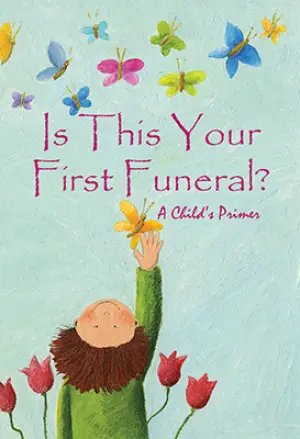Review of 20:32 by Marcin Mortka: A Tense Exploration of Normalcy Amidst Chaos
When I first saw 20:32 by Marcin Mortka pop up on my radar, I felt a spark of excitement. After all, Mortka has a knack for crafting action-packed fantasies that are hard to put down. However, this time he takes a daring leap into the realm of psychological thrillers infused with a touch of sci-fi, a combination that piqued my curiosity. What happens when a couple’s marital strife collides with an alien invasion? As the pages turned, I found myself grappling with the very essence of conflict—not just in a galactic sense, but in the delicate threads of human relationships.
Mortka introduces us to Piotr and Irmina, a couple entrenched in a cycle of arguments that could rival the intensity of any cosmic battle. Their struggles—rooted in an all-too-familiar narrative of miscommunication and dissatisfaction—become the backdrop for an invasion that, at first glance, seems catastrophic. Yet, as the plot unfolds, it becomes clear that this invasion serves more as a catalyst for exploring the couple’s turbulent dynamics than as the main event. For readers seeking thrill and adrenaline, the story’s pace falters midway, as if Mortka unintentionally hit the brakes on a high-speed chase.
As the aliens descend, I found myself pondering whether the extraterrestrials or marital conflicts were truly more dangerous. The aliens acted as a surreal foil to Piotr and Irmina’s woes, illuminating their personal demons rather than prompting grand confrontations. In a way, the sci-fi elements felt like a quirky side note, highlighting how existential threats can indeed pale in comparison to everyday struggles. It’s a poignant reflection on how our personal lives can feel more daunting than world-ending scenarios.
Yet, Mortka’s portrayal of Polish culture is striking. Some characters feel like exaggerated stereotypes, bordering on satire. While I appreciate his humor, there were moments when I wondered if he stepped into cliché territory. Did the biting political commentary serve to enrich the narrative, or did it distract from the emotional core? This ambiguity left me pondering the intentions behind these choices.
The second half of the novel thrusts us into a perplexing emotional evolution for our protagonists. They undergo a transformation amid the chaos, but for me, it felt a touch rushed. Did they truly resolve their issues, or merely push them aside in favor of a new beginning? In their quest for resolution, Mortka hints at catharsis, yet it left me yearning for deeper exploration of their relationship’s nuances.
The conclusion surprised me with its charm, defying the typical dramatic endings associated with alien invasions. Mortka weaves together the disparate threads into a somewhat satisfying wrap-up, leaving us with an unexpected but delightful reason for the extraterrestrials’ arrival. However, I still felt that something essential fell by the wayside—maybe it was the thrill factor I had anticipated.
Overall, 20:32 offers a compelling dive into the complexities of marriage within a sci-fi framework, though it occasionally sacrifices pacing and depth for social commentary. I found it to be an engaging read, albeit with a few caveats. For those interested in psychological thrills wrapped in everyday melodrama, or anyone who has wrestled with the intricacies of love amid life’s turmoil, this book holds promise. Personally, it made me reflect on the often-overlooked battles we face in our own lives, even as the universe spins on.
In the end, I’d give it a solid 3.5 out of 5. A satisfying read for fans of character-driven tales, but perhaps not the apocalyptic adventure some might expect.
Discover more about 20:32 on GoodReads >>






